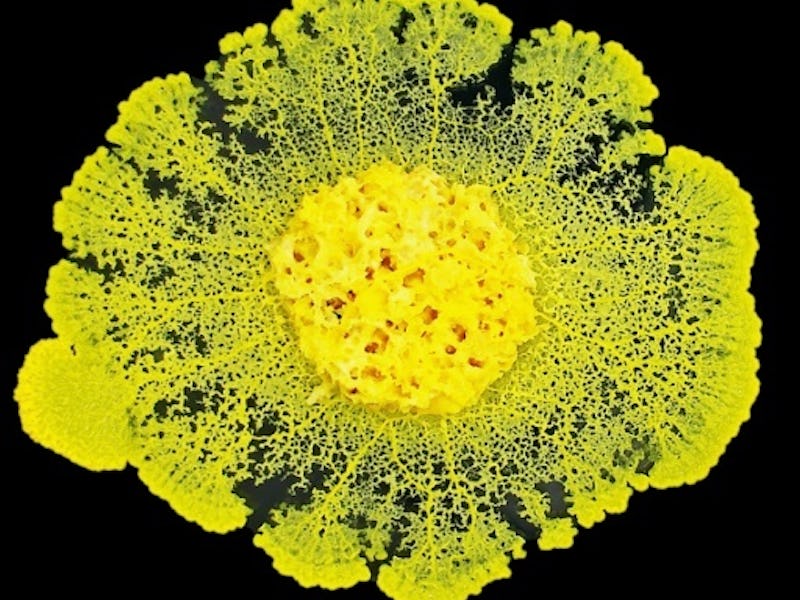Plants and Single-Celled Organisms Have the Ability to Learn, Studies Say
"Tantalizing."

You think you’re special sitting there, learning and altering your behavior based on inputs from your environments? Well, new research shows us for the first time that plants and even single-celled organisms can do the same thing. So next time you ace a test or impress your friends with arcane recall, remember that you are no smarter than lettuce, and even microbes can do what you do (sort of).
Even if that’s an exaggeration, and plants are not smarter than us nor are microbes plotting to take over world, two new studies do set a scientific benchmark for our understanding of how learning transcends the neural functions with which we are most familiar. Learning and memory in humans are so complicated that we understand them only in general terms. So there should be something humbling about discovering similar capabilities in what we would all, no doubt, agree are less intelligent organisms.
The release of two unrelated studies on Tuesday and Wednesday also suggests growing scientific interest in studying non-animal learning, opening the possibility that we may soon learn a great deal more about the mysterious topic.
The first study, published to the Proceedings of the National Academies of Sciences, investigated how plants differentiate between inadvertent cold weather and a change in season, an important distinction for a dahlia that needs to recede into its bulb every winter. The study found that a common protein in flowers can behave like a prion, folding in such a way as to induce similar shifts in nearby proteins. Prions tend to be destructive and are the root of some notorious neurological disorders in humans, but in plants they may offer some substantial benefits. Yeast use concentrations of prions to record long term memories, so it’s possible that plants are doing the same to track the change in seasons.
The slime Physarum polycephalum can "learn" to tolerate unpleasant chemicals like caffeine.
The second discovery shows that slime can adapt to its unpleasant surroundings. The research found that a certain slime, at first, retracted and slowed when exposed to unpleasant chemicals like caffeine. But, after several exposures, the effect more or less went away. This learned response would be a major coup for the study of learning in single-celled organisms, which, until now, have proven themselves a little slow. The researcher team, while cautious, was certainly excited.
“Tantalizing results suggest that the hallmarks for learning can occur at the level of single cells,” the team wrote in a paper published in the journal Proceedings of the Royal Society B.
Tantalizing, indeed. We may not know exactly what the implications of this work will be for the future, but it’s definitely interesting. And you should take note not to piss off any microbes or plants in your neighborhood. They won’t forget it.